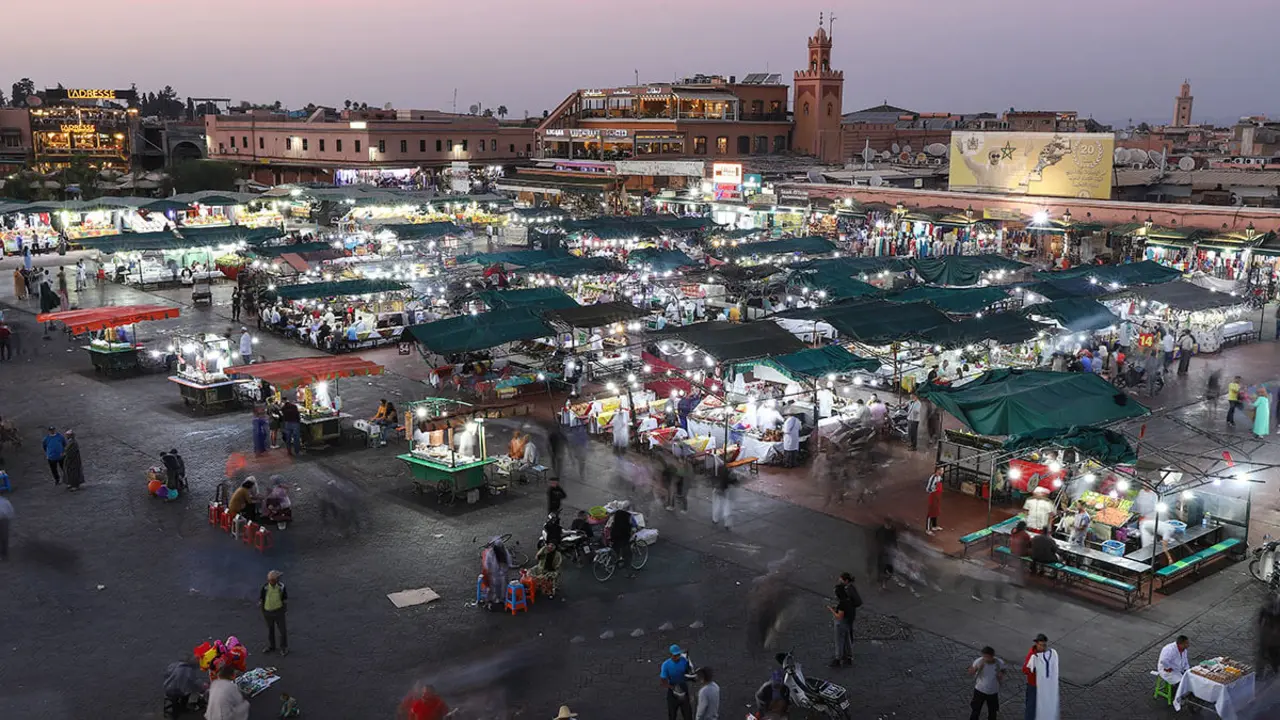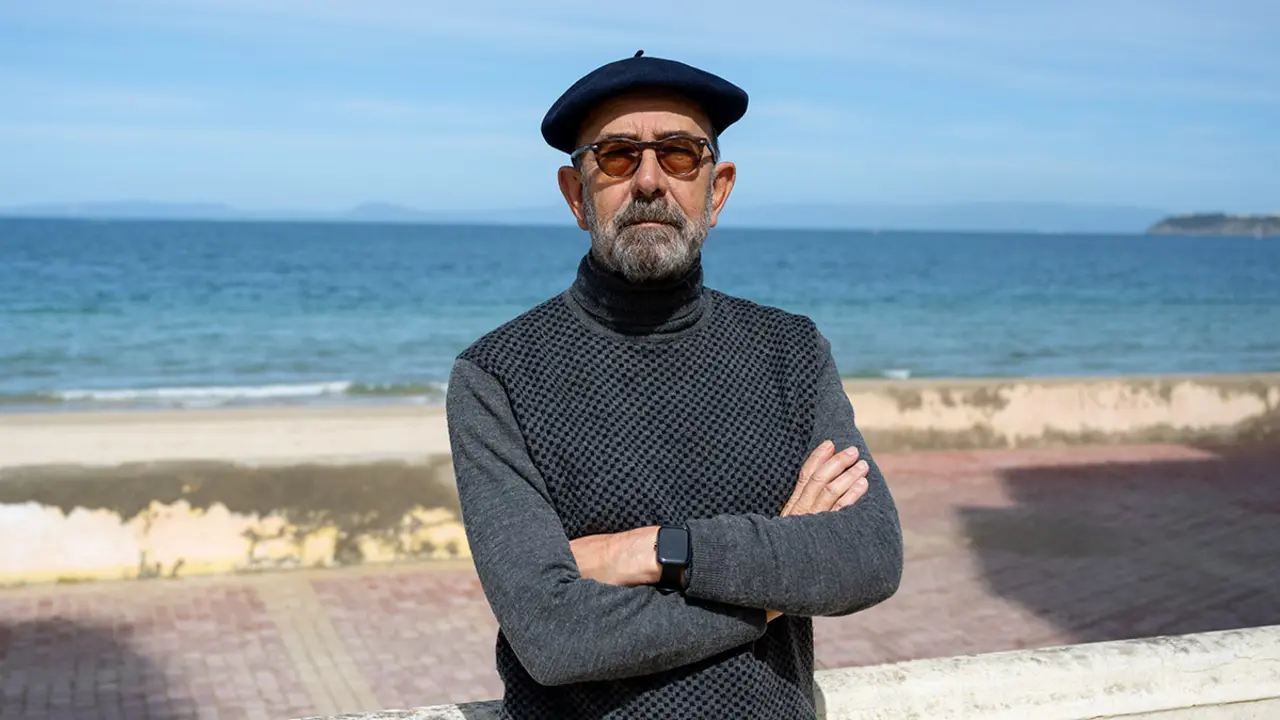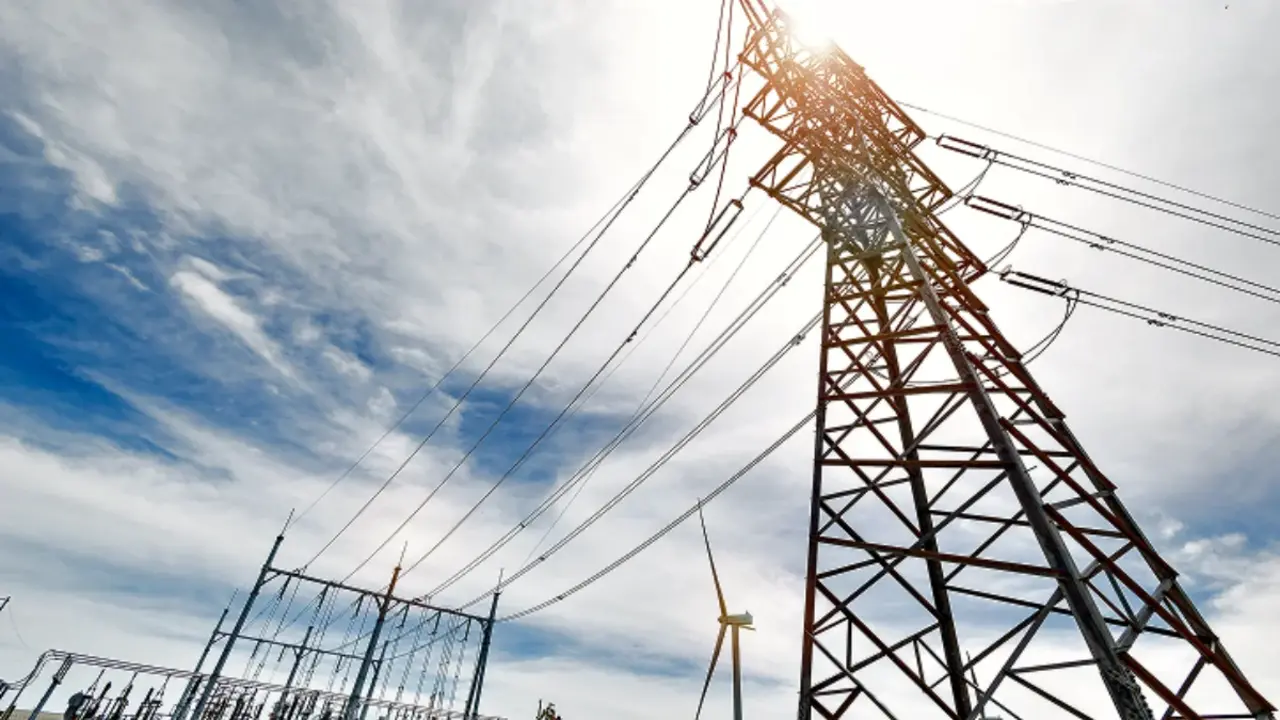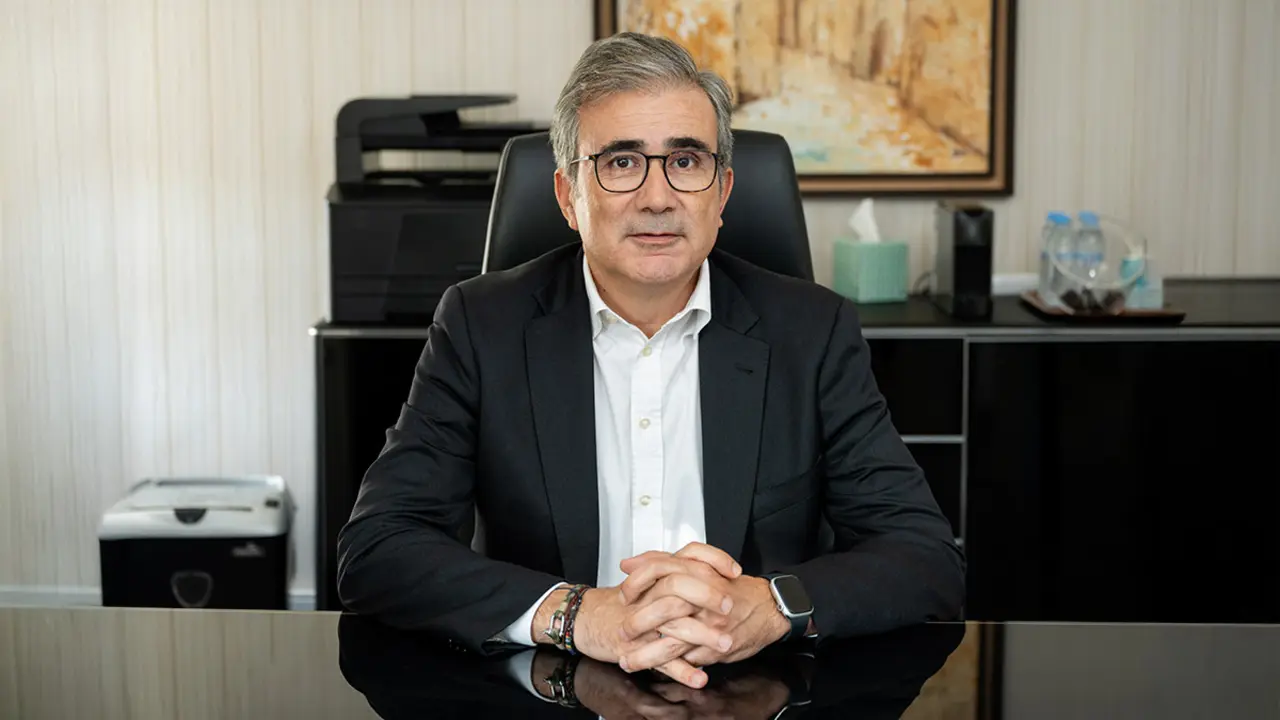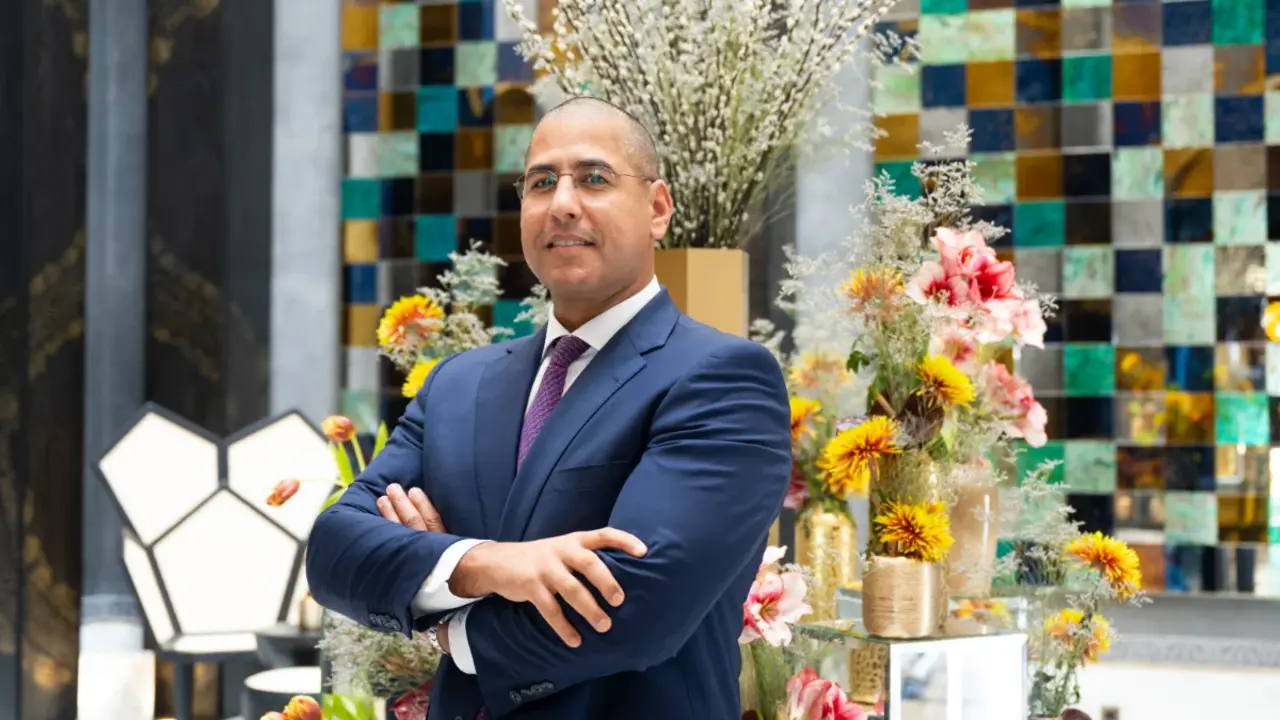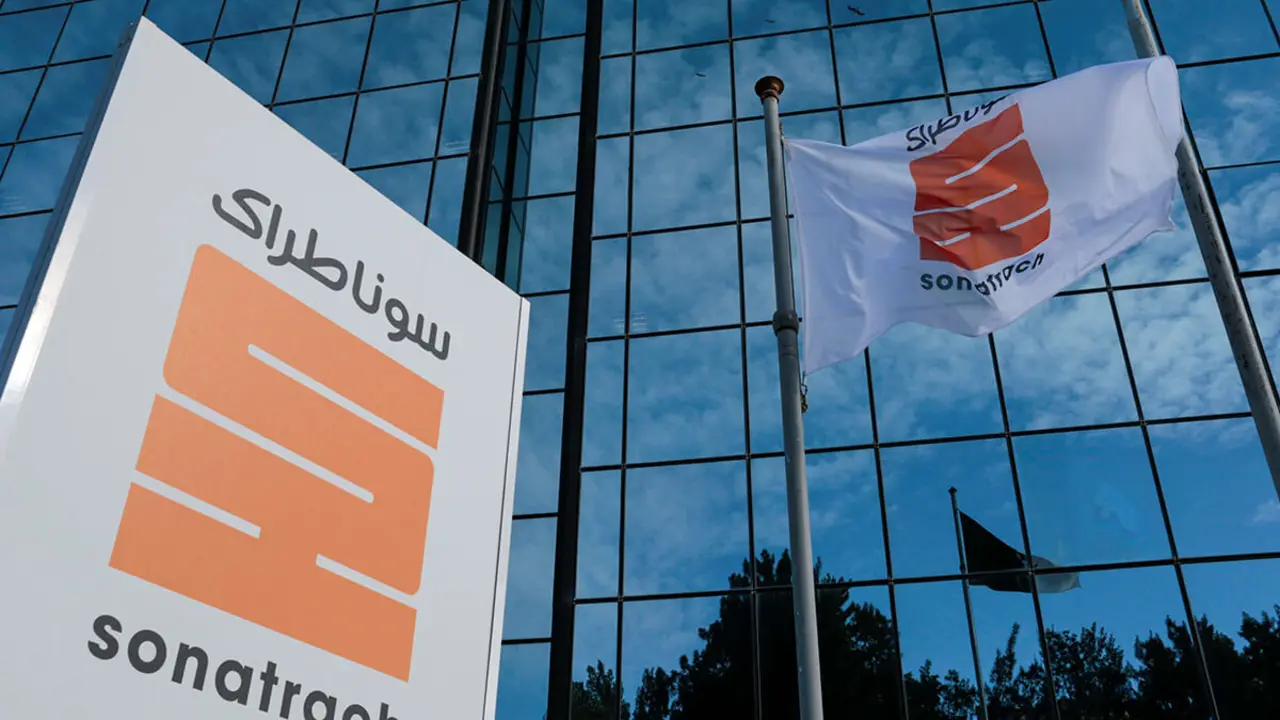El acuerdo gasístico entre España y Marruecos neutraliza los planes de Argelia

The bilateral crisis between Morocco and Algeria caused the latter to cut the largest of its gas pipelines with Spain, the Maghreb-Europe pipeline, in November 2021. The facilities connected the Algerian fields of Hassi R'Mel with the port of Tarifa in Cadiz via Morocco. The Alawi kingdom received more than 50 million euros a year in transit fees, as well as 800 million cubic metres of Algerian gas at a stable price, which allowed it to supply its power stations. But Algiers decided to turn off the tap.
The Maghreb country wanted to damage the waterline of Morocco's economy, its main rival in the Maghreb with which it competes for regional hegemony. The successive diplomatic clashes over the Western Sahara dispute finally imploded in August 2021, when the head of Algerian diplomacy, Ramtane Lamamra, announced the rupture of bilateral relations. Since then, Algeria has used energy as a tool to pressure its neighbour.

But the diplomatic rapprochement between Spain and Morocco, consolidated a few weeks ago with the High-Level Meeting (RAN) held in Rabat, has eased the delicate situation in the Alawi kingdom. In February last year, Spain made a commitment to Morocco to allow it to purchase liquefied natural gas on international markets, unload it at regasification plants in Spain and then use the Maghreb gas pipeline in the opposite direction to the usual one to transport it to Morocco, according to Leila Benali, Morocco's Minister of Ecological Transition. In June of the same year, this operation began to be carried out.
From that moment on, the volume of exports to Morocco began to expand, recently reaching 553 GW/hour, when a year earlier the volume barely exceeded 60 GW/hour. This is an exponential growth in hydrocarbon sales of 821%. In the six months that the pipeline has been active, Spain has transferred a total of 1,882 GW/hour to Morocco, according to Enagás records.
Now, the Spanish government expects Morocco to pay 2 million euros per year for this operation, according to the estimate published by Pedro Sánchez's government in a parliamentary response to the Popular Party. The North African country "pays the tariffs in force for access to regasification", the government stresses, which stand at 2 million euros. In other words, Spain does not sell the gas that arrives from Algeria, but Morocco imports it from international markets. Spain intends to maintain the same tariff imposed on Morocco as that imposed on France and Portugal for providing the same services in 2022.

Algeria protested to Spain as soon as it learned that the Maghreb-Europe pipeline would be used to supply Morocco. But Spanish energy company Enagás told Algerian energy company Sonatrach that the liquefied natural gas that Morocco receives does not come from its fields. Enagás claims to have a complex system for measuring each molecule of gas transported, but the system manager is unable to know which commercial company is responsible for carrying out the operation with Morocco.
The Spanish government prioritised relations with Morocco over those with Algeria, which led it to back support for Rabat's proposal for autonomy under Moroccan sovereignty for the Sahara. In response, Algeria severed diplomatic ties and froze trade with Spain. The bilateral crisis has not affected gas exports but has affected the price.

